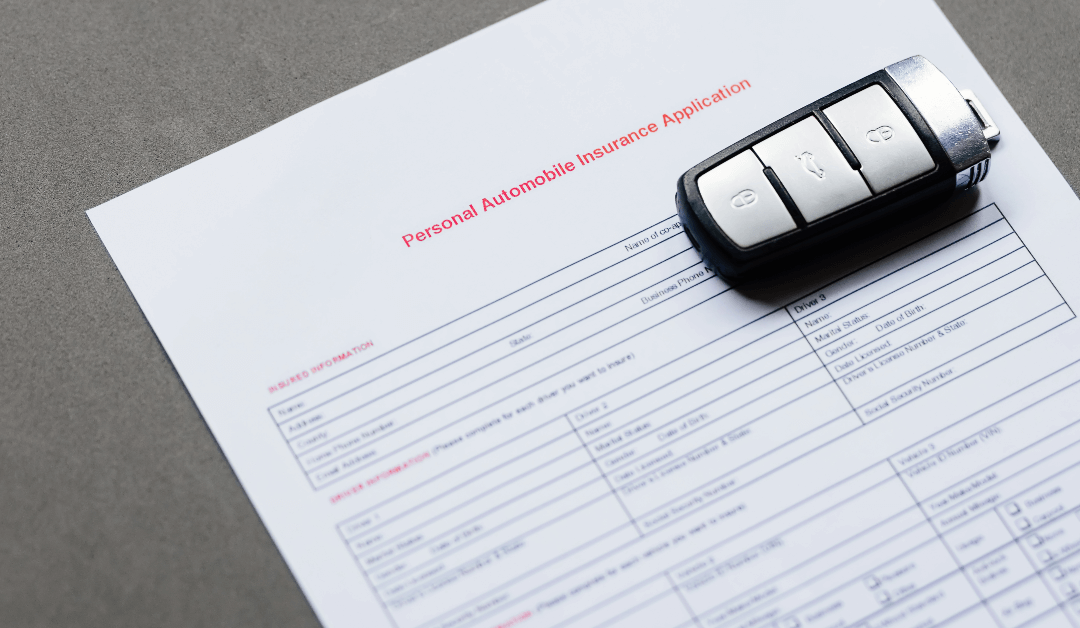Searching for information on whether your auto insurance settlements are taxable? You have come to the right place. When it comes to receiving compensation money, things can get a little complicated. The main thing that tends to trip people up is the tax situation. Some insurance payouts can be taxed, but not all of them are — and that’s the catch.
A car accident settlement is a form of compensation paid for your injuries by the negligent party’s insurance company. This type of settlement is specifically designed to cover the costs of your medical expenses and other damages caused by an accident. Read on to find out how your auto insurance settlements are taxed.
Is My Settlement Taxable?
The IRS has very clear guidelines about what is and is not taxable in personal injury settlements. There are circumstances in which the money you receive for your injuries in a car accident lawsuit can be tax-free.
If you were hurt in an auto accident, the damages from your lawsuit are tax-free if:
- The money you receive is for your physical injuries.
Those involved in car accidents know how difficult it is to cope with the physical pain and emotional stress of an injury. The injury can also lead to large medical bills, which can multiply over time, depending on the severity of your injuries.
If you find yourself in this situation, you might be wondering whether you need to pay taxes on any settlement money you receive as compensation for your injuries. Fortunately, if you were injured in a car accident caused by another driver’s negligence, then any damages received are tax-free.
- Lost wages in the past or present due to missing work or inability to work.
Many people don’t realize that money received for lost wages due to physical injury in a car accident is not taxable. If you are in a vehicle accident and receive money from your insurance company to replace your lost wages due to the time you miss at work, it is not taxed.
- Medical expenses, including physical therapy, x-rays, and prescriptions.
If you were physically injured in a car accident, for example, and received a settlement to cover the medical expenses, that amount is exempt from taxes. You do not have to pay federal or state taxes on the funds received for medical expenses resulting from the accident.
- Car Damage Compensation
If you had an auto accident in which someone else was at fault and had substantial car damage, the car repair money is tax-free. The general rule is that you don’t have to pay taxes on the money your insurance company gives you to replace or repair your car after an accident. That money is usually considered restitution, which means it’s a substitute for stolen or damaged items.
Among The Taxable Damages Are:
- Punitive damages.
Punitive damages, on the other hand, are a different story. Punitive damages are designed to punish the person who hurt you for their actions; they’re not intended as compensation for your losses. Because of this difference in purpose, punitive damages are taxable income. They may also be subject to state taxes depending on where you live.
- Emotional stress from the car accident.
If you have received an emotional stress settlement for injuries due to a car accident, it is taxable. An emotional distress award is not considered a physical injury. Emotional distress is a form of mental anguish and pain that is not covered by compensation.
- So, does settlement money get taxed?
In short, no. But the specific tax implications can vary depending on the circumstances. This article provides a helpful breakdown of what to keep in mind when deciding how to structure settlement money.


